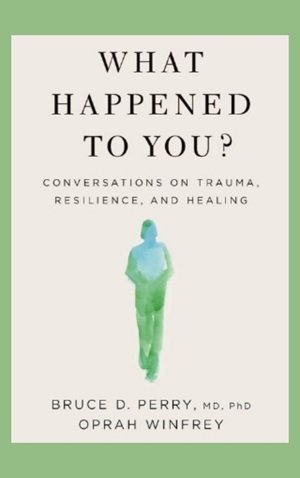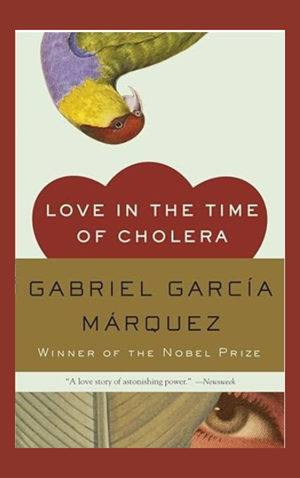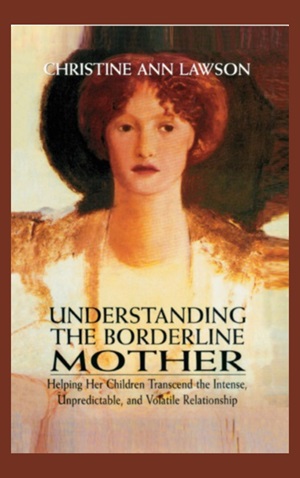The Handmaid’s Tale is a dystopian novel by Canadian author Margaret Atwood. It’s set in a near-future, fictional Republic of Gilead, formerly the United States.
This book has profoundly impacted me because it explores various psychological aspects of human behavior and prompts us to question the influence of past religious themes in our present society.
Even though we may think these themes no longer exist, the book and TV series reveal their subtle, enduring presence, especially about women’s rights and freedom of choice.
The story is narrated by Offred, a Handmaid whose sole purpose is to bear children for the commanders and their wives. This is due to a shortage of children caused by environmental pollution, and the government, known as the Sons of Jacob, aims to repopulate the country.
“Offred is a Handmaid in the Republic of Gilead. She has only one function: to breed. If she deviates, she will, like dissenters, be hanged at the wall or sent out to die slowly of radiation sickness. But even a repressive state cannot obliterate desire – neither Offred’s nor that of the two men on which her future hangs.”
The Republic of Gilead
Gilead operates as a theocratic dictatorship, with men in all government and military positions. Women have limited rights, and their value is tied to their reproductive ability. Reading, writing, and property ownership are forbidden for women.
“But I envy the Commander’s Wife for her knitting. It’s good to have small goals that can be easily attained.
Why does she envy me?
She doesn’t speak to me unless she can’t avoid it. I am a reproach to her and a necessity.”
The story explores how a totalitarian government restricts choice, resulting in physical and psychological abuse of women. It also reveals how those in power control the population through censorship and propaganda, reflecting the oppression and terror faced by Gilead’s inhabitants.
Within Gilead, there are distinct hierarchies. Commanders’ wives enjoy a comfortable life but must be submissive. Aunts indoctrinate potential childbearing women to become obedient Handmaids.
“Aunts are true believers and think they are doing the Handmaids a favor: at least they haven’t been sent to clean up toxic waste, and at least in this brave new world, they won’t get raped, not as such, not by strangers. Some of the Aunts are sadists. Some are opportunists.”
Women’s Roles
Handmaids, considered privileged for their fertility, come next. Then there are the Marthas, responsible for household chores, and those toiling in the colonies under inhumane conditions and health risks from working with toxic waste.
It’s important to note that Handmaids must give the babies they bear to the commanders’ wives and then move to another commander’s home to provide the same service, akin to being baby-making machines.
“The biblical precedent is the story of Jacob and his two wives, Rachel and Leah, and their two handmaids. One man, four women, twelve sons – but the handmaids could not claim the sons. They belonged to the respective wives.”
Besides, the Handmaid’s name combines the commander’s name with a prefix meaning “belonging to.” So, the main character’s name, Offred, reflects this.
Girls in Gilead receive education only to become wives, with reading and studying prohibited. Their education emphasizes religion and indoctrination for obedience to future husbands.
Guardians oversee compliance with rules, especially preventing women from revolting or escaping to Canada, a free country. Many women in Gilead are there because they didn’t run before the regime’s establishment or were forcibly taken to detention centers. In case they are fertile, Aunts will keep them. Otherwise, they are sent to the colonies for forced labor.
Moreover, the book shares Offred’s most profound thoughts and feelings, her perception of the system, and her memories. It depicts her struggle to maintain her identity as June, her life before Gilead, her husband, daughter, and job.
“But that’s where I am, there’s no escaping it. Time’s a trap, I’m caught in it. I must forget about my secret name and all the way back. My name is Offred now, and here is where I live.”
As time passes, June’s hope of regaining her former life fades. She’s trapped, with no escape from Gilead, leading to either resignation or death.
“I’m sorry there is so much pain in this story. I’m sorry, it’s in fragments like a body caught in crossfire or pulled apart by force. But there is nothing I can do to change it.”
One of the most disturbing scenes is “the ceremony,” where the commander has sex with the Handmaid while the wife watches. Sex is solely for reproduction, and pleasure is forbidden. I won’t go into details, but surely, this part will catch your attention when you read the book.
This scene raises the question of which of the two women suffers more: the wife or the maid?
I believe maids endure this mainly out of necessity, while wives are influenced by religious beliefs and the need to have children for the country. Some maids genuinely think they’re doing good work, and others feel violated.
Indeed, the book leaves us with many questions, including why some women endure mistreatment in the name of God. I believe God represents love and never intends harm; humans misuse it as an excuse.
Why do women often criticize those who break free from societal norms and choose to live on their terms? What are we so afraid of, that we’d rather remain silent than confront physical or psychological violence?
The Handmaid’s Tale TV Series
The TV series, with high-quality production and Atwood’s involvement, offers a broader view of events, making it a recommended choice.
Here is a link to the trailer on YouTube THE HANDMAIDS TALE Season 1 TRAILER (2017) Hulu Series.
Furthermore, the novel has received widespread acclaim and has garnered significant awards. Additionally, the author has been honored for her literary works.
I’d like to know your preference: the book, the TV series, or both. Personally, I find pleasure in both reading the book and watching the TV series.
I’ve watched all five seasons and eagerly await the sixth and final one, set to arrive in 2024, as reported in the news. If you’ve both watched the series and read the book, you can explore their Instagram page @handmaidsonhulu, where they share information and engage in discussions about the series’ scenes.



